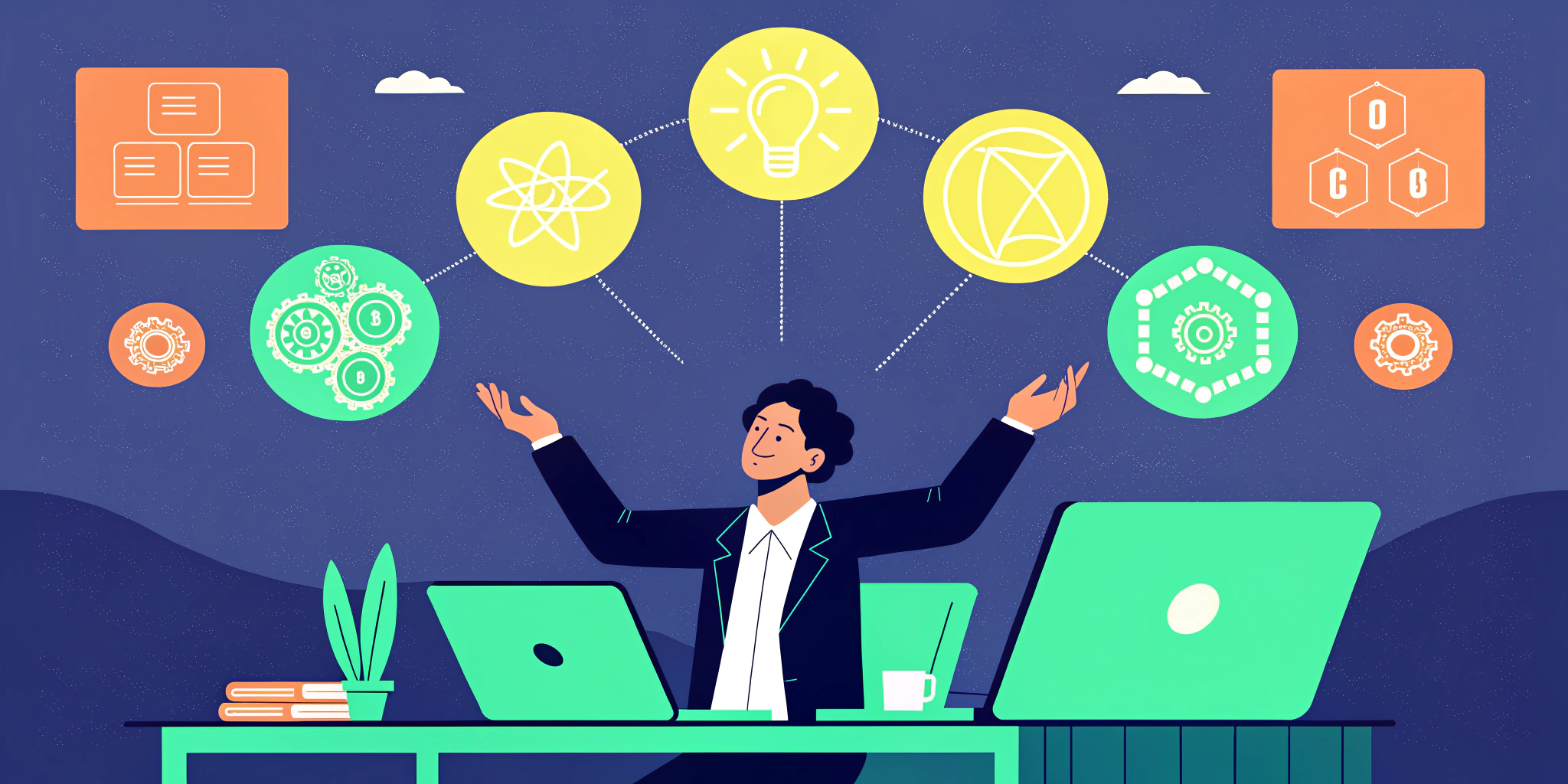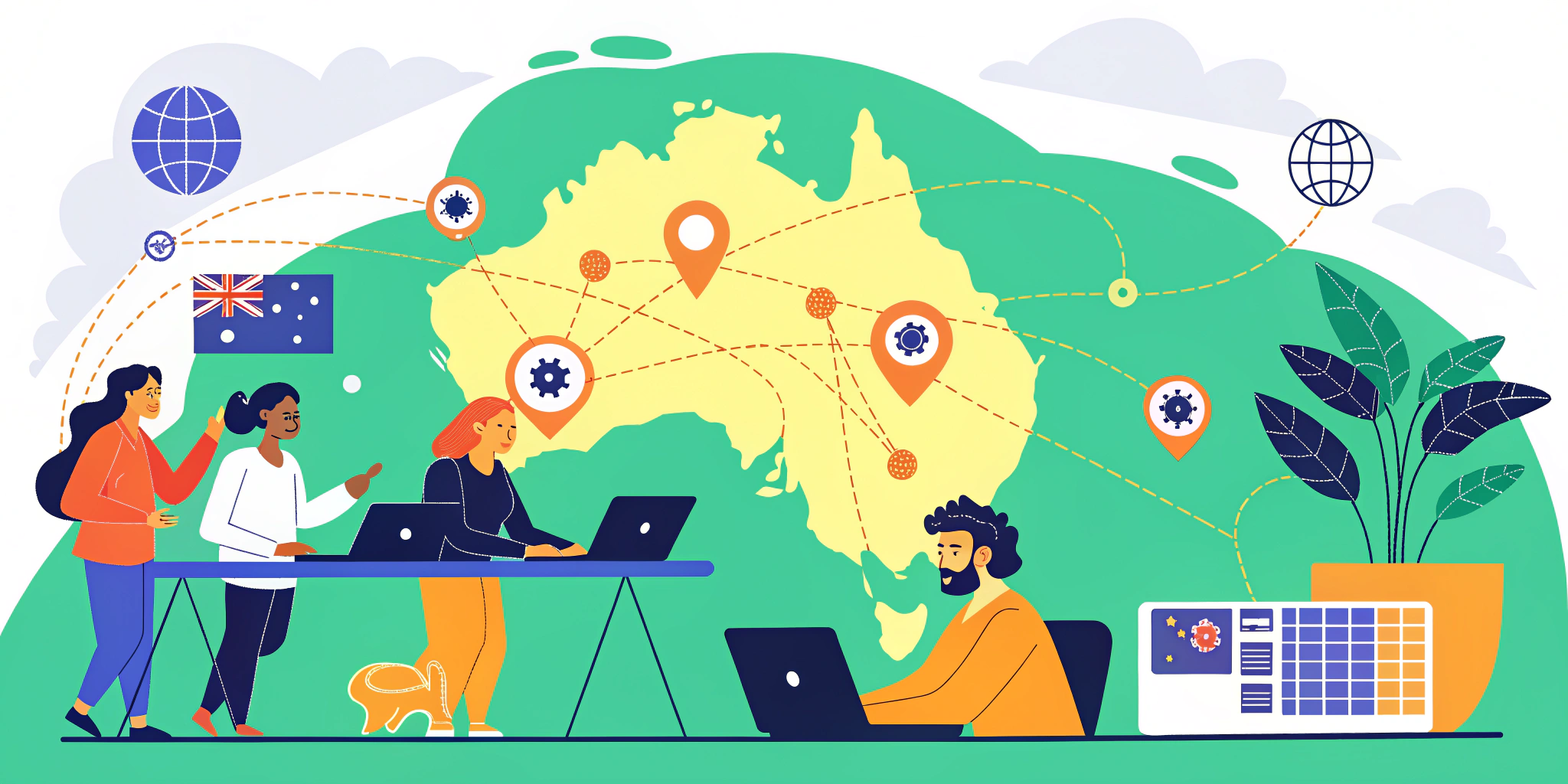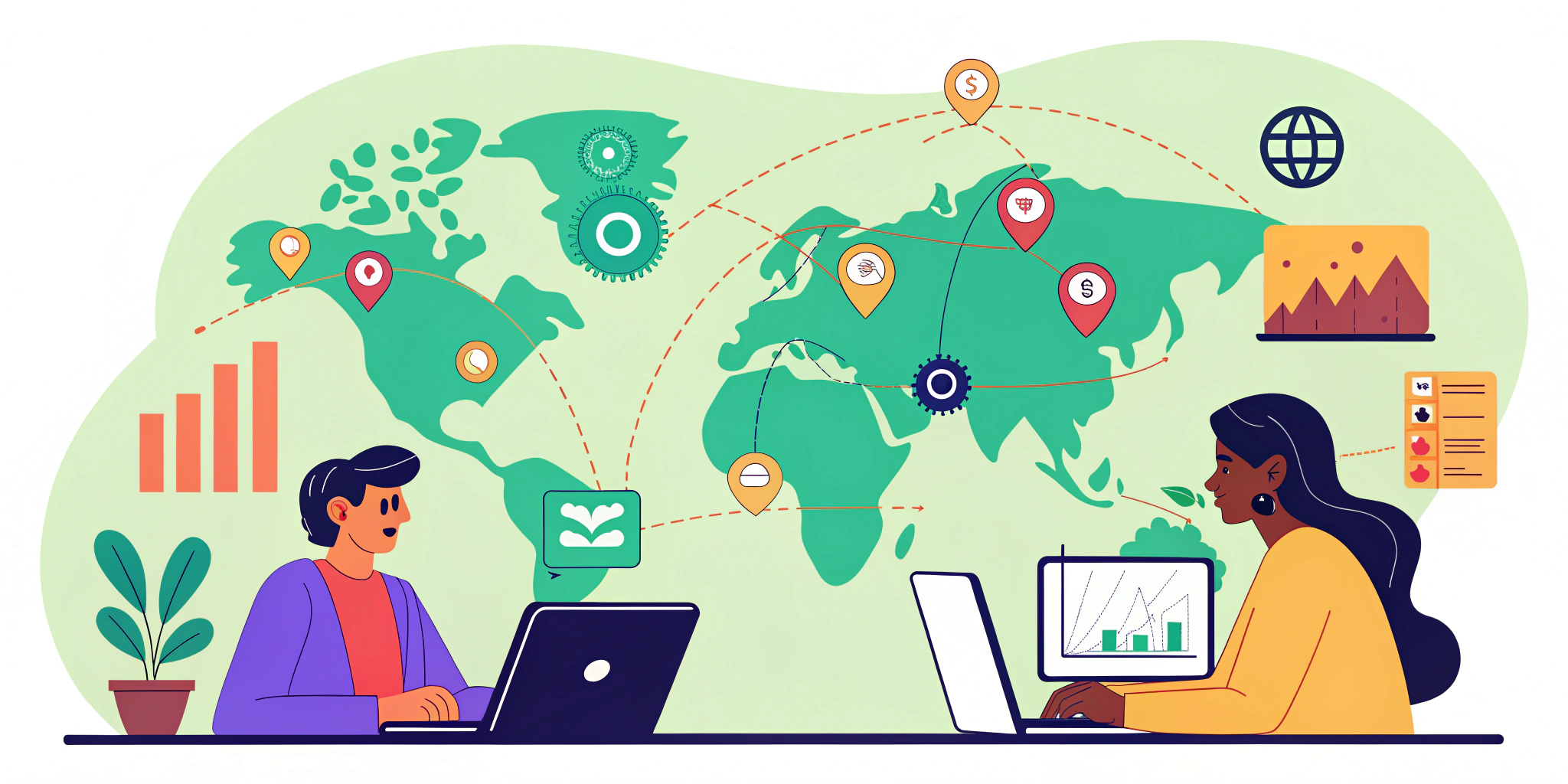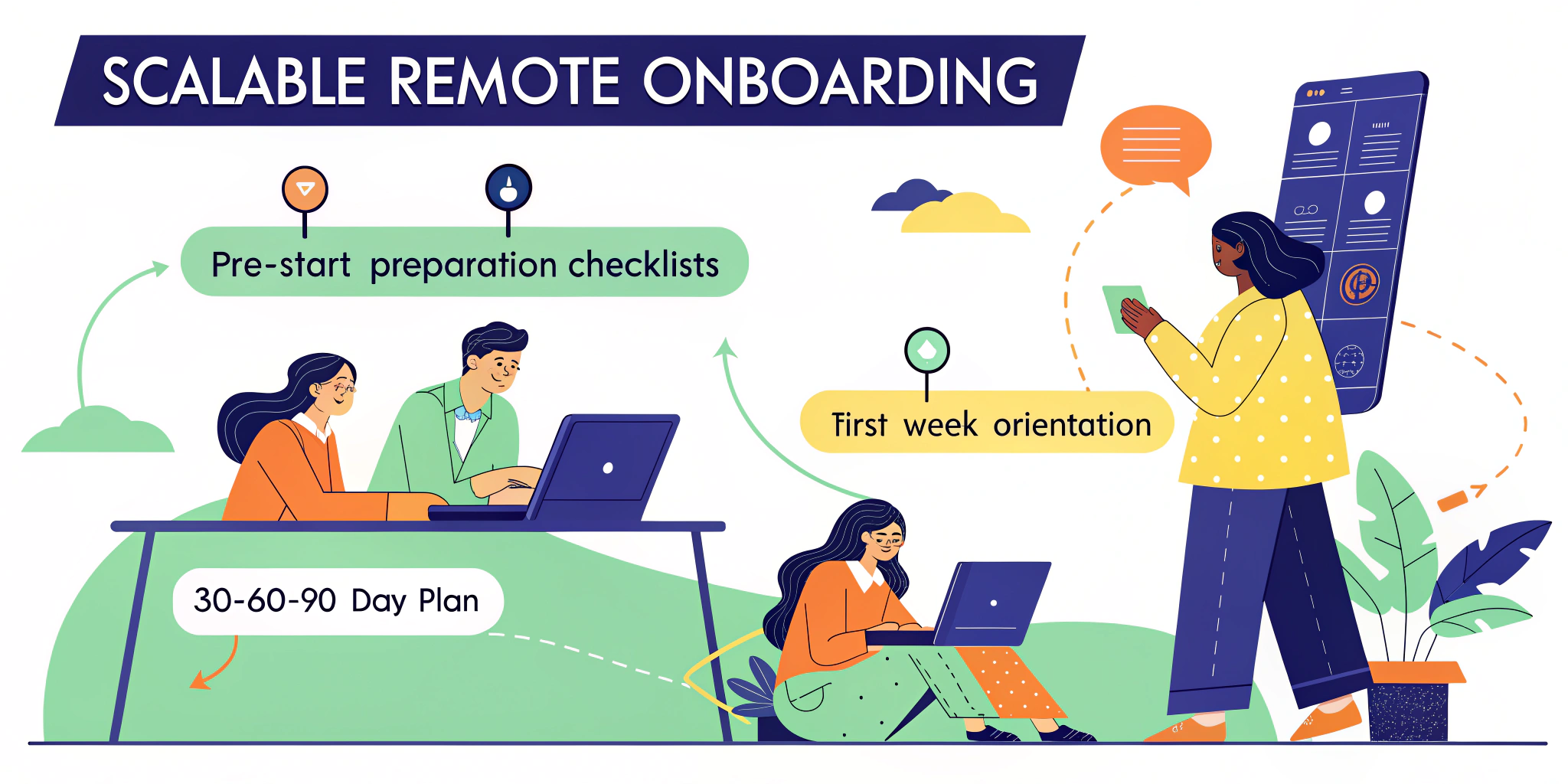Startup Hiring Tips & Remote Work Insights
Read all latest blog posts

5 Key Benefits of Hiring Remote Tech Teams in 2025
# 5 Key Benefits of Hiring Remote Tech Teams in 2025 Remote tech teams are transforming businesses in 2025. Here's why companies are choosing this approach: - Access to Global Talent: Hire the best from anywhere, with 53% of tech professi
Read More
Global Developer Hiring Costs 2025: What Australian Startups Need to Know
Global Developer Hiring Costs 2025: What Australian Startups Need to Know For Australian star
read more
How Australian Startups Are Building Brilliant Global Tech Teams
How Australian Startups Are Building Brilliant Global Tech Teams **Australia's tech industry
read more
Top 10 Remote Interview Mistakes (And How to Avoid Them)
Top 10 Remote Interview Mistakes (And How to Avoid Them) Remote interviews are now the norm,
read more
The Startup Founder's Guide to Hiring Remote Tech Talent Without Losing Control
The Startup Founder's Guide to Hiring Remote Tech Talent Without Losing Control **Struggling
read more
How to Build a Scalable Remote Onboarding Process
How to Build a Scalable Remote Onboarding Process Remote onboarding is critical as more workp
read more
The Great AI Model Shuffle: Why Developers Are Wasting 6 Hours a Week (And How to Get Them Back)
The Great AI Model Shuffle: Why Developers Are Wasting 6 Hours a Week (And How to Get Them Bac
read more